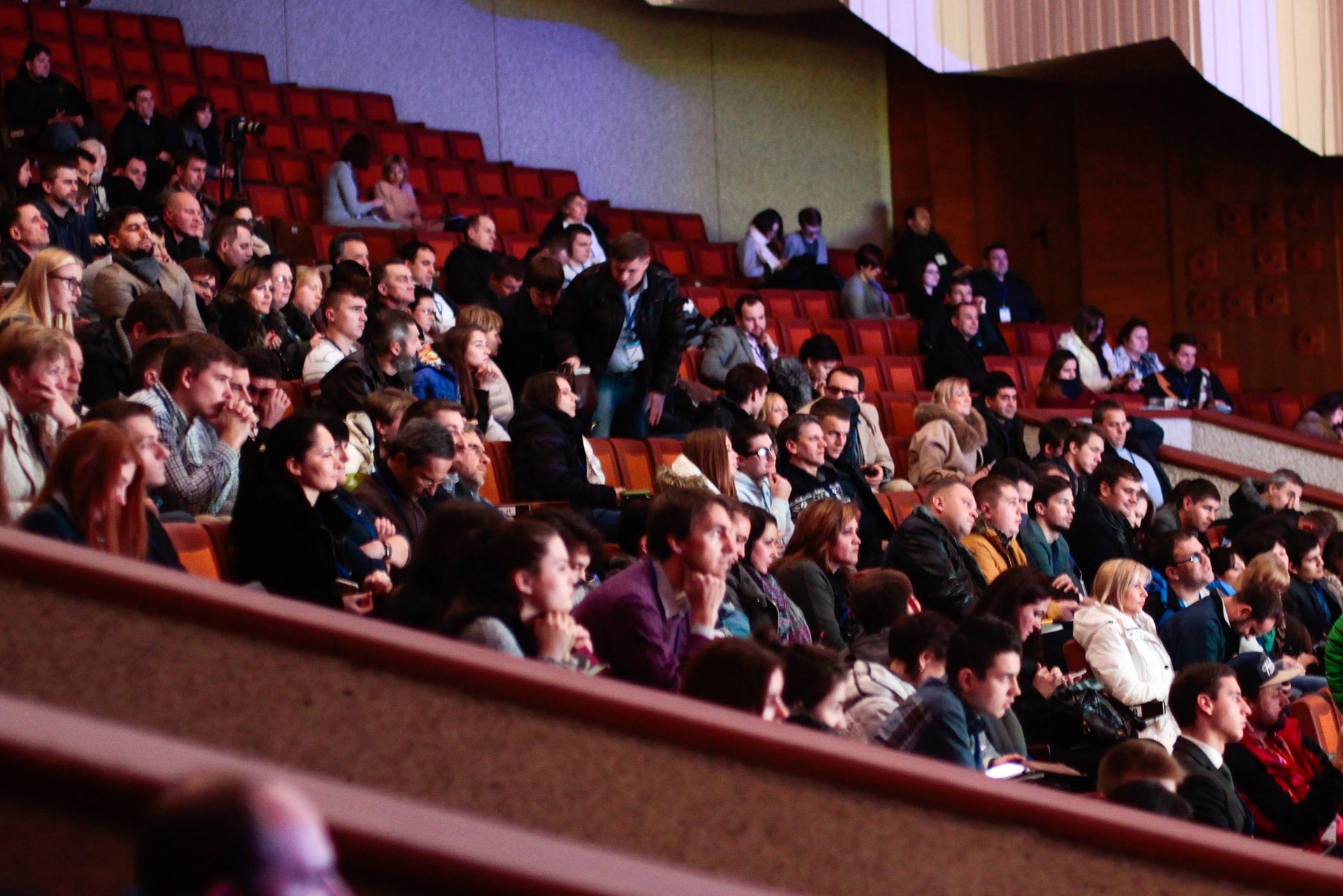
Newspapers and Politics in the 18th century
‘Have the authors of a two-penny weekly journal, a right to make a national inquiry'? 18th-century governments thought not and neither did the newspapers’ readers of the time.
Between 1690 and 1780 the number of newspapers printed annually in England rose from less than a million to fourteen million, a growth far in excess of that of the population. The period was the most dramatic in the history of the English press, with the creation of new forms - daily Sunday and provincial papers - and a greatly increased freedom of the press, after the lapsing of the Licensing Act in 1695. The relationship between the growth of the press and the political system of the period is crucial to our understanding of English society in the eighteenth century. This article considers this problem and aims to encourage people to read the papers of the period, which are often easily accessible.

The Development of the Mass Media in the Nineteenth Century
In the nineteenth century the press became the first medium capable of reaching a mass audience through a combination of technological improvements in the production and distribution of newspapers and fundamental developments in their financial organisation. It was a capability that was not fully realised until after the First World War when other forms of social communication, particularly broadcasting, began to challenge the predominant position of the press as the main channel of information in society.
The extent, rapidity a nd form of thi s expa ns ion had three principal det erminan ts: th e eco no mic and political conditions obtai ning in an y country; th e outloo k of th ose in power towards th e pot ential political influ en ce of th e press; a nd the flair of individual ent re pre ne urs

Media in Time Frame old and new Generation
The mass media is a matter that touches all our lives. Without cease, virtually every day since early childhood, it has been playing an important role in forming our personality, enriching our background knowledge, providing us with information of any kind.
The mass media nowadays is mostly associated with television, press and the Internet. Especially the latter has become so overwhelmingly important that such kind of the mass media as radio turns out to be that of being scarcely mentioned. But it is not ousted by other kinds of the mass media at all. Today the main functions of the radio programs are to entertain and provide people with information. The number of radio programs is increasing constantly not only abroad but also in our country.
It is estimated that the most popular leisure time activity is watching TV. The sets are often on up to 8 hours a day. Recent studies show that the average viewer watches more than 28 hours of television every week. Television hasn’t been with us all that long, but it has changed the perception of the world we live in, as well as our life at home. We are already beginning to forget what the world was like without it, and what we used to do to occupy our spare time. For instance, we used to go out for our amusement to theaters, cinemas, restaurants, we used to have hobbies, we liked to visit our friends, we used to listen to music and read books. Nowadays we rush home just to be in time for this or that program. Television prevents us from communicating with each other, as it demands silence and attention.
Nevertheless, TV is extremely popular as it satisfies many of the interests that people enjoy so much – sports, news, music, theatre, movies, education programs – it caters for popular tastes, whatever they are. TV is the cheapest source of info and entertainment, but it is also a powerful means of shaping public opinion. Over the last 20 years TV has gained considerable influence on the political scene. Many observers believe that V. Putin was elected President in large part because of the favorable impression he created in his television appearances (though television is required to present the news and public issues objectively, to refrain from taking sides, and to offer political opponents equal amounts of time to present their opinions.) Presidents now frequently deliver speeches to television audience. In addition the president and other governmental officials often hold briefings and press conferences, which are supposed to help reporters understand complex issues and government policies. There is usually the press secretary serving as the president’s official representative to the press.
Although TV has replaced newspapers as the average person’s source of information, newspapers and magazines provide more complete views coverage for those who want details and analyses of national and international affairs. Newspapers have always been highly political. Readers expect them to take political stands and to endorse political nominees on the editorial pages. The majority of newspapers are referred to as the independent press – free from governmental influence and control. The others are obviously in favor of the policies of this or that party. The press is so powerful in this respect that it is often called “the forth estate”. Glossy magazines attract lots of women-readers by writing about new tendencies in fashion, rumors about pop and film-stars.
Some people claim that the Internet cannot be compared with radio, television and press. They say it is something unique. Some time ago one could meet only texts and illustrations on the Internet. Nowadays Internet-radio, Internet-television and electronic newspapers have come into being. The electronic news update more frequently than it appears on TV or issues in press. None of the conventional mass media can be so custom-built or be in our disposal 24 hours a day. Many people today read everyday news on the Internet, there are Wi-Fi hot spots providing us with Internet access everywhere.
The World Wide Web is a great help for teachers, students, pupils, doctors and parents of small children. But unfortunately it (as perhaps everything) is a missed blessing because far not every piece of boundless amount of information is innocent (for instance pornography watched by children). There is little control and no censorship over information on the Internet actually. As a result some individuals do use this freedom for spreading absurd and foolish information (fascist propaganda). The governments of all countries take all their pains to reduce this process. Special software has been developed to filter this kind of information.
Although the Internet wins more and more users daily, it goes without saying that it does not oust conventional mass media but supplements them.
The role of the mass media in the contemporary society is difficult to overestimate. They have become a considerable part of our life. They report about various aspects of life, form and affect public opinion.